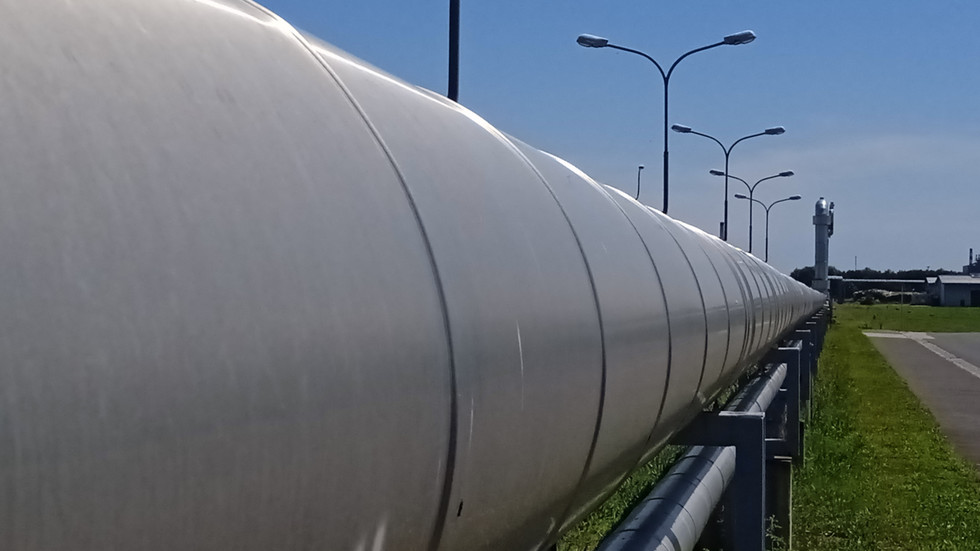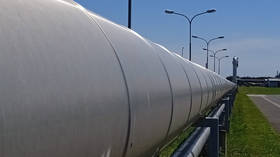
The country will adhere to its long-term contract with Gazprom, despite securing alternate supply sources

© Getty Images / Elmar Gubisch
Austrian oil and gas conglomerate OMV will continue to buy most of its gas from Russia this winter, CEO Alfred Stern said in an interview with the Financial Times published on Sunday.
According to Stern, the company signed a long-term contract with Gazprom in 2018, which runs until 2040, and OMV does not plan to exit the agreement any time soon.
“As long as Gazprom will supply… we will continue to take these quantities from Gazprom,” Stern stated. Russian gas is currently not subject to the Ukraine-related EU sanctions on Moscow, and while the issue is “for policymakers to decide,” placing restrictions on it and thus “eliminating certain [energy] sources will also drive price rises,” he warned.
“There is an obligation we have as an industrial company to ensure that we use those sources as long as they are legally acceptable,” Stern said.
He added that despite its continued reliance on Russian energy, OMV has managed to diversify supplies over the past year. It has secured gas flows from Norway and from liquefied natural gas (LNG) terminals in the Netherlands and Italy.
“All this has given us access to non-Russian gas that is more than enough to cover our customer obligations,” Stern said.
The company has also recently approved the allocation of €2 billion ($2.2 billion) to a joint venture with Romania’s Romgaz for the development of the Neptun Deep gas field in the Black Sea. The field is set to go online by 2027 and will bring an additional 100 billion cubic meters of natural gas to the European market.
READ MORE: Russian gas flow to EU could stop – Ukraine
OMV covers around 30% of Austria’s gas needs. Last year, the company was among the first to agree to pay for Russian gas in rubles under a new settlement mechanism, which Moscow introduced as mandatory for ‘unfriendly countries’ that had imposed sanctions on Russia. Stern said at the time that abandoning Russian gas was impossible for Austria and would have dire consequences for the country’s economy and energy security.
For more stories on economy & finance visit RT’s business section




